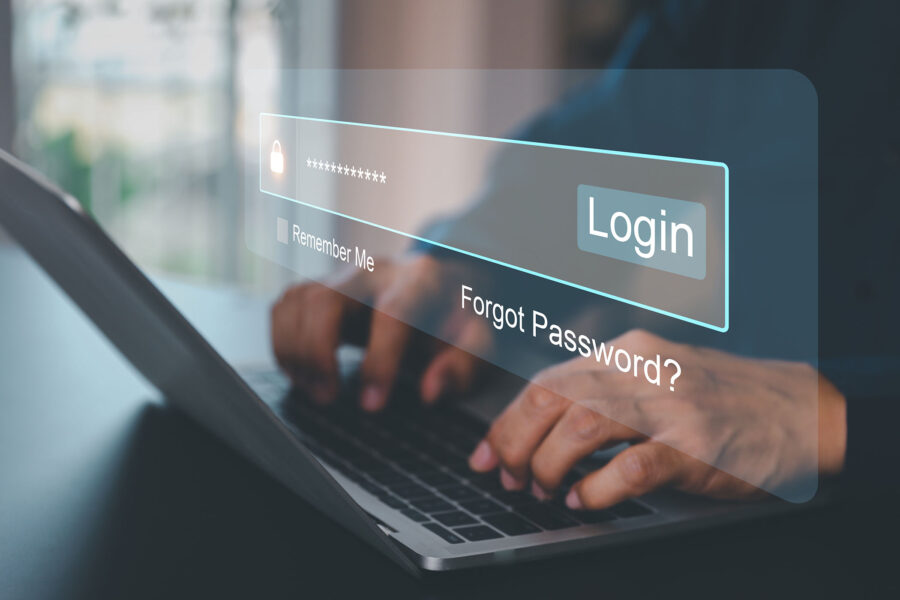In today’s digitally connected world, where personal and sensitive information is constantly at risk of being compromised, password strength is crucial.
With cyber threats evolving and becoming increasingly sophisticated, the need for robust password practices has never been more critical. One fundamental aspect of password security that often gets overlooked is the length of your password. While many people opt for short and simple passwords for convenience, longer passwords offer significantly higher levels of protection against unauthorized access.
On Thursday, March 14, the password system for access to UNMC and Nebraska Medicine systems will be configured to only accept passwords of 15-plus characters. This will go into effect the next time a user’s password expires, which currently is set to every 90 days.
By choosing passwords that are 15 characters or more and incorporating a diverse mix of characters, users can enhance their cybersecurity defenses and reduce the risk of unauthorized access to accounts and sensitive information.
Longer passwords offer higher levels of protection against cyber threats, as they increase complexity, resist dictionary attacks, which attempt to guess passwords based on common words or phrases, and prevent credential stuffing, a cyber-attack in which credentials obtained from a data breach on one service and are then used to attempt to log in to another unrelated service.
Increasing the length of passwords helps organizations align with best practices and industry standards, reduce the risk of insider threats and security breaches, and enable users to stay ahead of evolving cyber threats, as they are more difficult to crack with advancing computing power.
Remember, the effort invested in creating strong passwords today can help safeguard a user’s and the health system’s digital assets and privacy in the face of evolving cyber threats tomorrow.

I understand that we need to be vigilant regarding IT security. But 15 character long password is the move in the WRONG direction. I would not be able to remember it, which means I will have to use application help to remember or just write it up on the paper, which is even bigger treat. IT needs to think about users when implementing the changes. Constant upping up the password complexity is not helpful.
Also, I need to enter the passwords 5 times just to log in to the work applications. It is password after password after password. Simplify log ins first before introducing new password length.